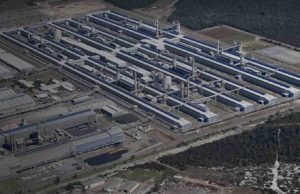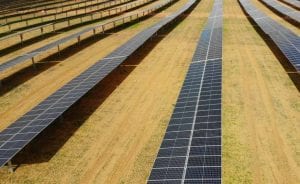The southernmost state of India, Tamil Nadu, is aiming to develop 3,000 MW of solar by 2015. A new energy policy would require all industries to have solar hot water heaters to replace ones currently using fossil fuels. (Note: about 90% of Israeli homes have solar hot water heaters.) Solar hot water heaters installed in Tamil Nadu that meet technical requirements specified by the Indian government are eligible for a subsidy.
Tamil Nadu has the second-largest of the Indian state economies and a large business community. It is also a leading state for agricultural production.
If it achieves its goals, Tamil Nadu will become a regional solar energy hub. Currently, it generates most of its energy from nuclear, hydro, diesel, lignite, wind, natural gas, bagasse, and biomass.
The Tamil Nadu Energy Development Agency explained its renewable energy commitment on its website: “There is an ever increasing demand for energy in spite of the rising prices of oil & other fossil fuel / depletion of fossil fuels. Energy demand, in particular electricity production has resulted in creation of fossil fuel based power plants that let out substantial green house gas/ carbon emission into the atmosphere causing climate change and global warming.”
Air pollution levels in Chennai, the most populous city in the state, are very high. There may not even be an effective monitoring system for air pollution, so the levels might be higher than currently reported. Renewable energy development therefore has great potential for reducing air pollution and improving public health.
Though it is just one state, Tamil Nadu has a population of about 72,000,000.
Originally published on Clean Technica (http://s.tt/1qHC7). Reproduced with permission.








